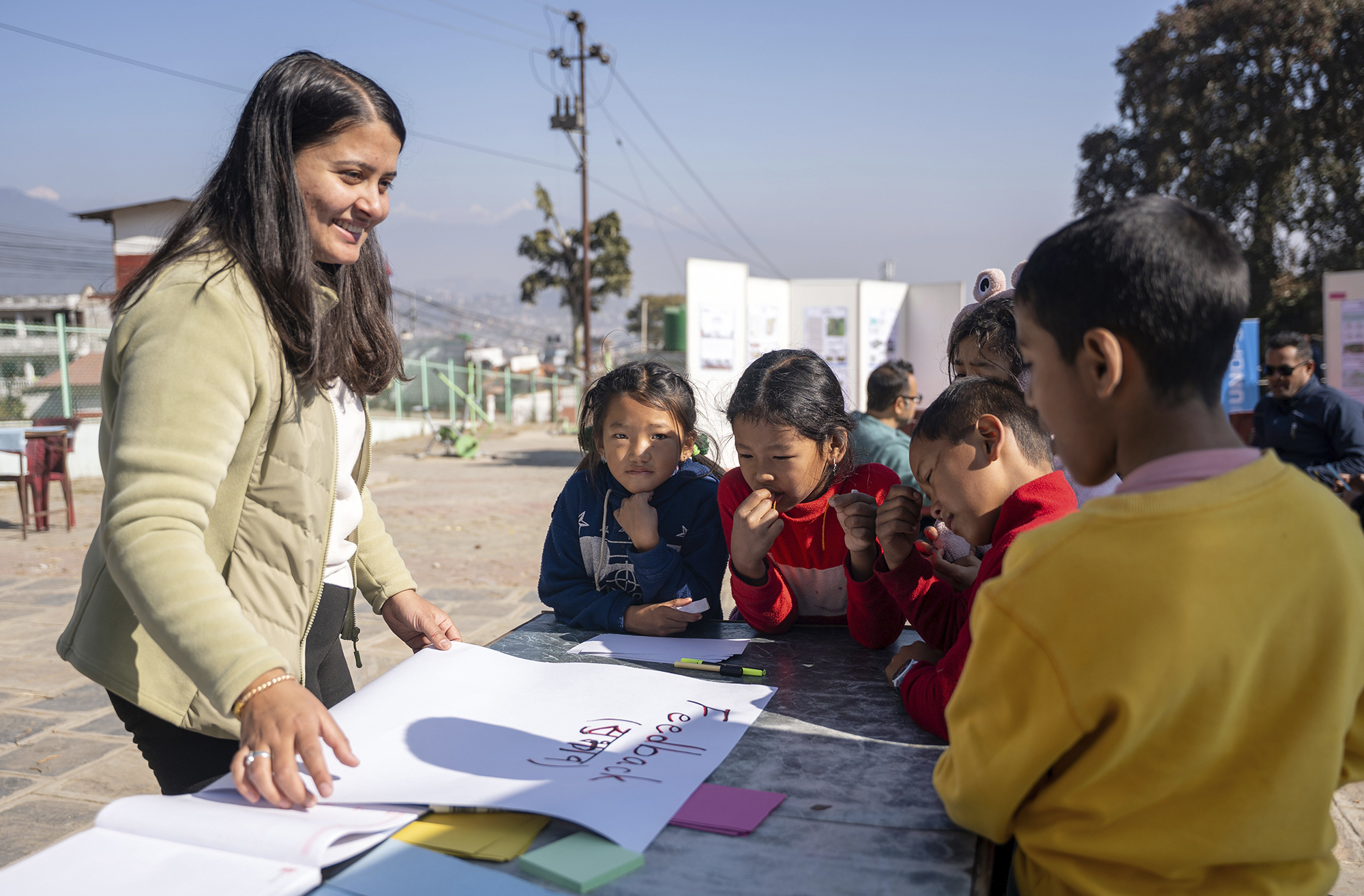With the Millennium Development Goals expiring in 2015, the process is underway to develop the next set of goals, which will focus on Sustainable Development. In this opinion piece, Cities Alliance Director William Cobbett urges national governments to support a standalone urban goal as a way of empowering and mobilising cities to solve global development challenges.
The international community is currently reconvening in New York at the United Nations Headquarters for the 11th session of the Open Working Group on Sustainable Development Group. In keeping with the Cities Alliance’s mandate to `……promote the Role of Cities in Sustainable Development’, I would like to encourage you to add your voice to the campaign for an Urban Sustainable Development Goal (SDG).
The campaign was launched in September 2013 by the Sustainable Development Solutions Network with the support of UN-Habitat, UCLG, Cities Alliance, ICLEI, Metropolis, and Communitas Coalition for Sustainable Cities and Regions. You will find further information on the campaign as well as communication material at: urbansdg.org.
The Secretariat believes that a dedicated and stand-alone SDG goal on Sustainable Cities has the potential to galvanise communities all over the world to participate in solving the major global challenges. Such a goal would mobilise cities – their local governments, private actors and citizens – not only to become the champions of national strategies, but also to involve local communities, and empower them to devise local strategies appropriate to their local conditions.
I am writing this the day after the South African elections, 20 years after the democratic elections that saw the end of apartheid. Let us learn at least some of the lessons from the defeat of apartheid – this was a campaign that became a global issue, and mobilised people locally, nationally and internationally. In South Africa itself, while the pernicious effects of racially-based policies were felt at all levels, the harshest realities were experienced at the community and household level, and impacted most powerfully on the weakest and poorest members of society, particularly on women.
Yet these were the very same communities that mobilised – and were mobilised – to devise a whole range of strategies and tactics that ultimately made the system unworkable. Local innovations in one area were soon copied in another, yet all were aimed at a single goal, which was both national and international at the same time. It was a unique global coalition that mobilised communities all over the world, united very unlikely allies around a common goal, and demonstrated the power of collective action for a global public good.
The process currently underway in New York is not the mere re-setting of some global development goals, but far more significant: It needs to frame our collective response to the two over-riding global challenges that we currently face: limiting the negative environmental impacts of human development, while simultaneously ensuring that economic growth is both equitable and sustainable.
In this context, the role of cities is potentially pivotal. One approach is to argue that all global challenges need to be localised, and dealt-with transversally. While this is a very rational view, it misses the essential opportunity that a goal on Sustainable Cities would offer – empowering cities and communities of all sizes, and simultaneously making them responsible and accountable for being part of the huge social, economic and environmental changes that are so essential to sustain our common future.
Quite simply, a standalone Goal on Sustainable Cities has the potential to both democratise and universalise the Sustainable Development Goals.
I urge you to seize this moment.




